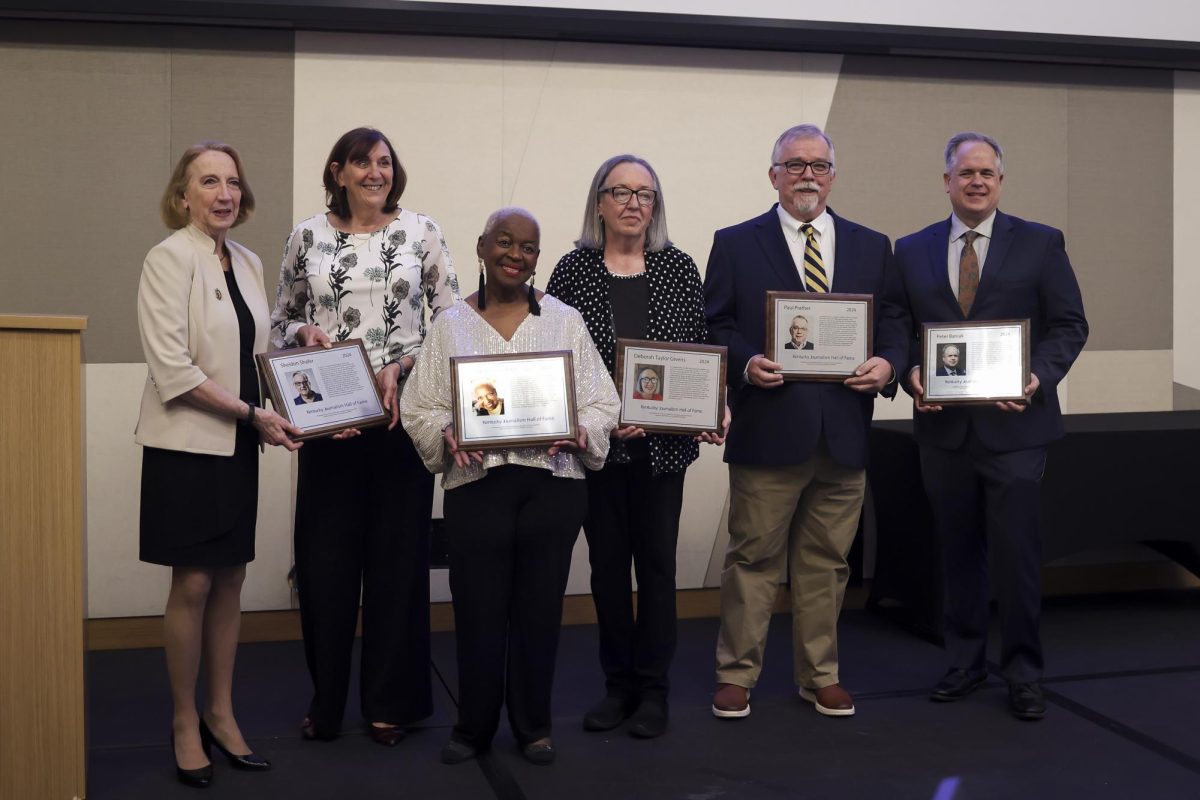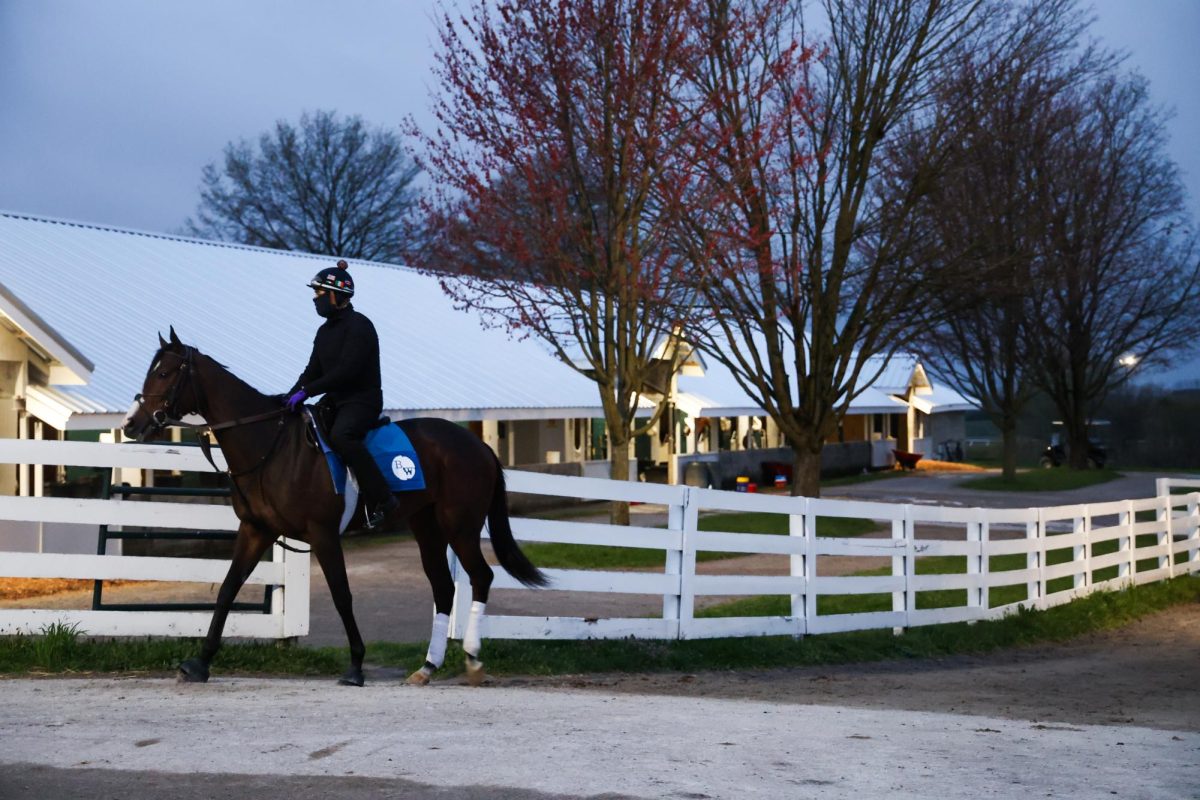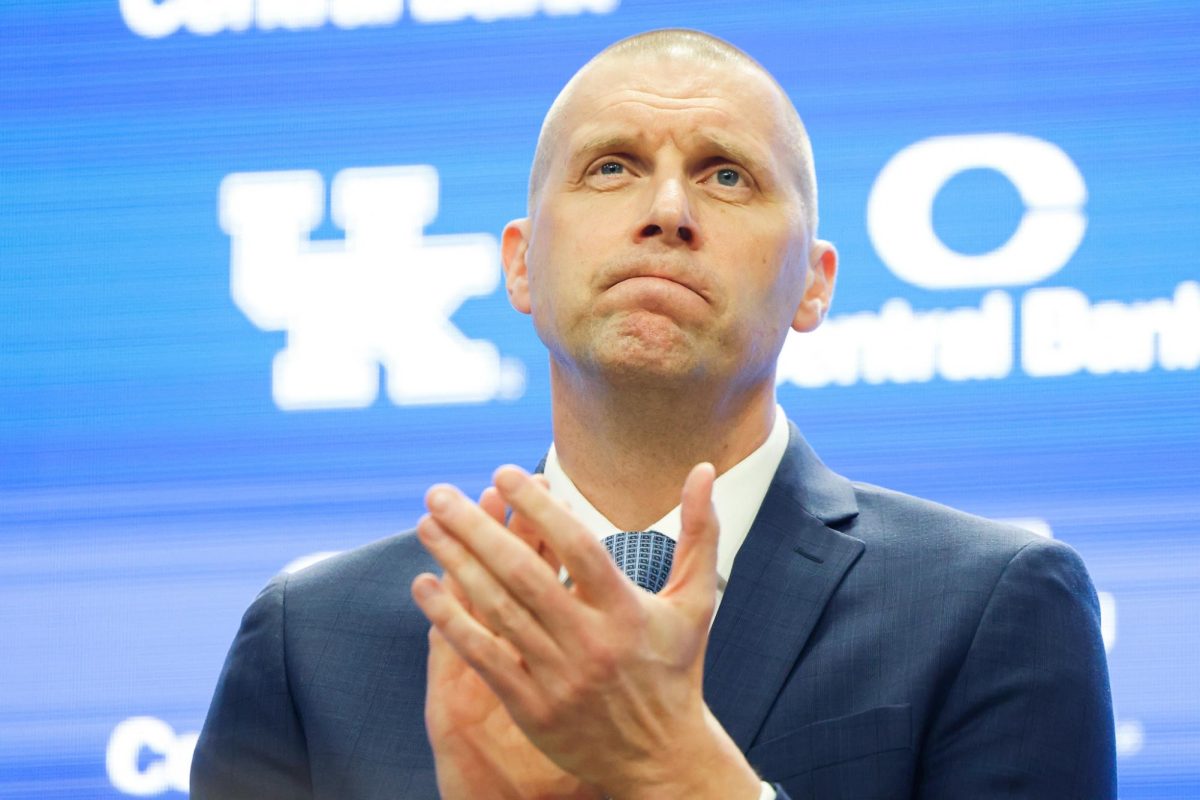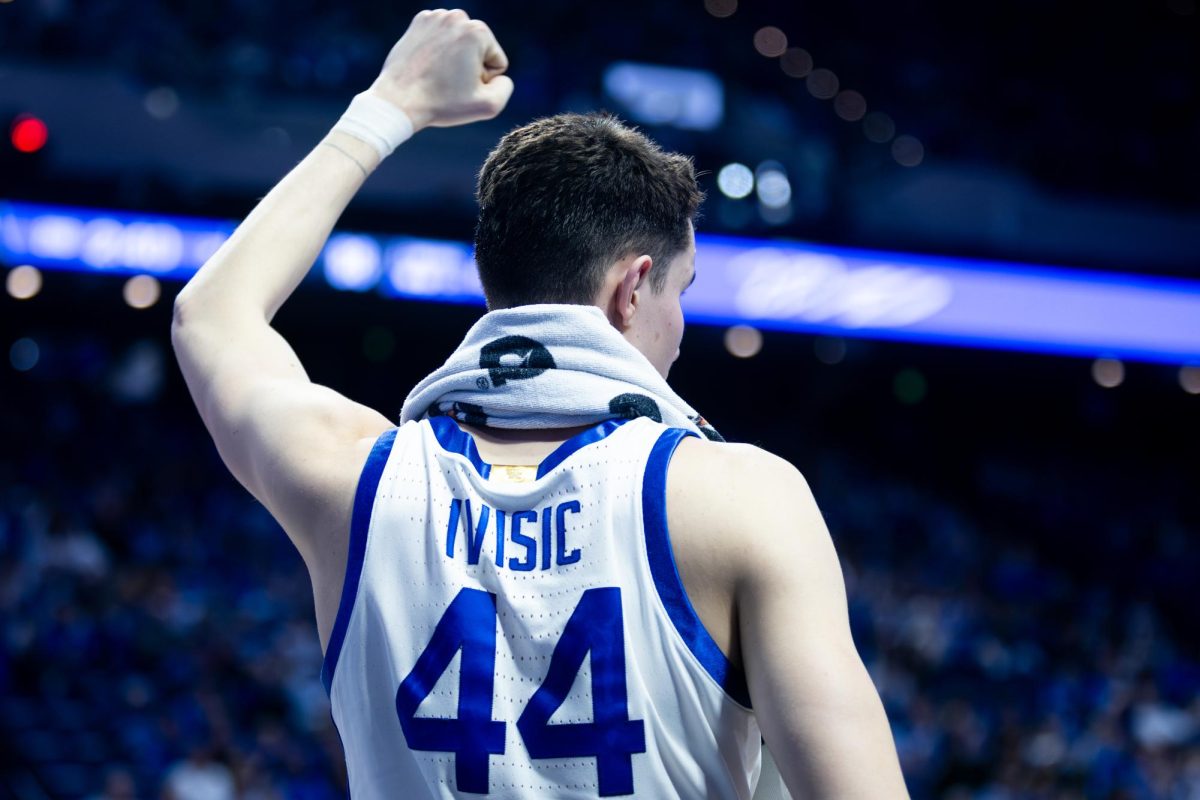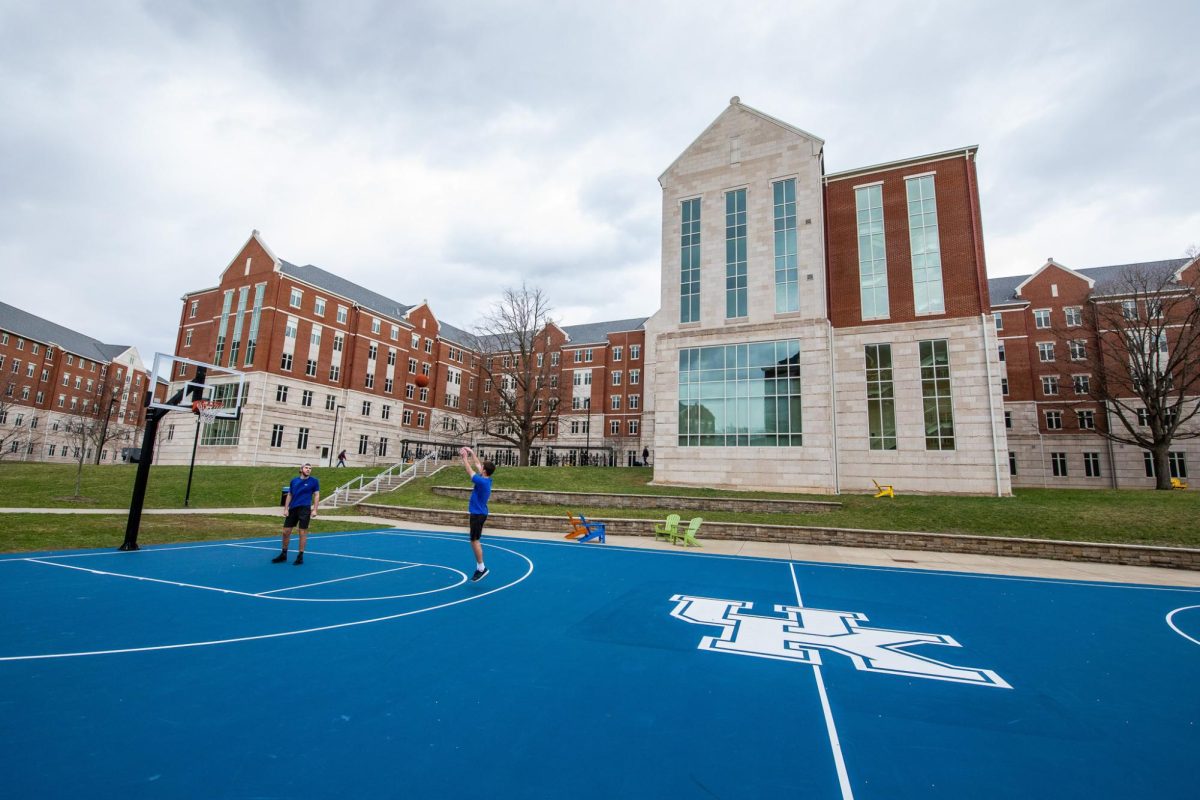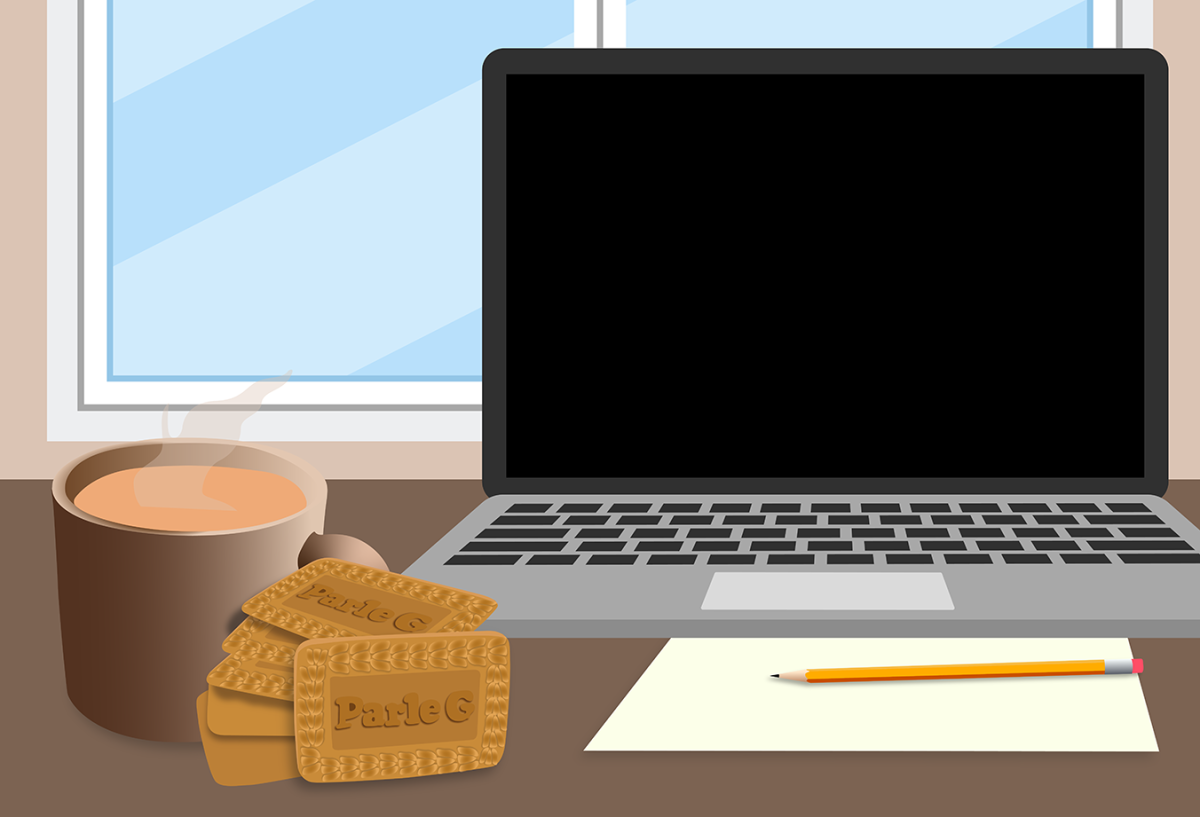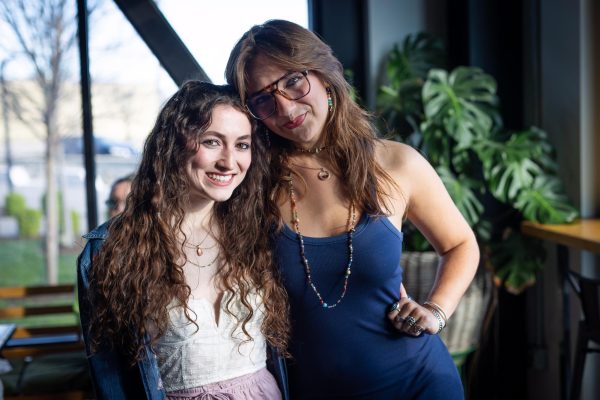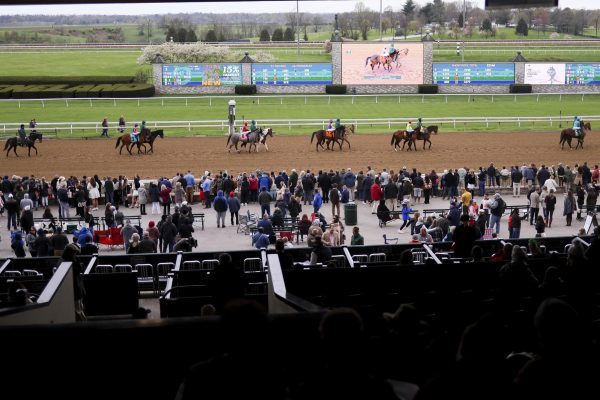Q & A with the new president
May 3, 2011
Q. What is your message today to students, faculty and staff?
A. My message is that with deep gratitude and humility I accepted this honor today. Over the past two days, I have been energized and lifted by the warmth, the gracious reception that I’ve received — that my wife and daughter have received. I have been challenged by questions posed to me at the open forums. And all of that has energized me and I can’t wait to get back and get started.
Q. What did you think about some of the faculty’s comments about you concerning commitment to academics?
A. My focus over the last nine years of being a provost has been multi-dimensional, and it would be incorrect to say that my primary responsibilities involved the health schools (at UAB). We have undertaken dramatic improvements in our undergraduate educational programs. We have increased enrollment and raised the preparedness of our students; doubled the numbers of honors students who enroll at our campus. Over the last eight years, we’ve had four Truman Scholars, one of 15 NIH Rhodes Scholars in the country, and all of this I think is a direct result of our heightened attention to undergraduate education.
Q. How quickly are you going to get out in the state and visit alumni and supporters throughout the state?
A. I really look forward to that. After my visit here last week, my wife and I turned to each other and said we’d really love to travel this state. I need to go home and work on a transition with the job that I currently have and work with my president on that. And as soon as I can get some of those things squared away and we can make plans, we’ll try to do so.
Q. As new as you are to the university and the university is to you, what would you say to those people who may feel that you may not have specifically answered some of their questions?
A. I hope they would understand that any specificity that they didn’t hear was out of respect for everyone that I’ve encountered, and that is I want to listen, listen, listen and learn everything I can about this university.
Q. What have your conversations with Lexington’s mayor and President Lee Todd shown you about university in relation to the city of Lexington?
A. They reaffirmed my first impressions that there is an unparalleled level of commitment from local government, state government, about the success that they hope for realized by the students who attend this university, by the faculty that are going to succeed through their experiences at this university, the warmth and affection of the alumni — some who had driven a couple of hours just to attend the reception. The advocacy and support from the Board of Trustees reaffirmed it, too.
Q. How quickly will it take to transition from listening to action in terms of putting your imprint on the university?
A. Just enough time to make the right decision.
Q. When do you see yourself laying out your specific plans of what you hope to accomplish at UK?
A. I think that it is respectful and appropriate to go through some planning process before one makes those declarations. I’ve always valued input from a variety of people to reach the best decisions. I don’t have a timeline for that right now.
Q. What do you see the university’s role regarding K-12 education?
A. After serving eight years on a school board in Alabama, and I think having deeper insights into what schools face and teachers experience, I think the first thing you can do is, No.1, do your best at preparing a school teacher. No. 2 is to recognize that that preparation doesn’t stop once you hand someone a degree, that in any role you can play in continuing education and being supportive — especially in early years that teachers are introduced to the classroom.
Q. Do you feel that you’re going to be able to bring to Lexington a level of civic engagement?
A. Being president of the University of Kentucky is going to be my No. 1 priority. The things that I’ve done over my life didn’t all happen in one year. I try to balance those activities with my professional life, and I will work with the Board of Trustees here in determining the time I have outside of my primary role.
Q. How do you think being involved in the community helps you in your job with the university?
A. It’s all about people. Getting to know people and understanding their perspective, that’s what’s helpful about it.
Q. What will you do when you aren’t being president?
A. I typically work long hours — very long hours. I try to carve out a little time every day for exercise. I either do 45 minutes on the treadmill — and my wife got me started doing something in the last several months, which is new to me, but I quite a lot — I do yoga and hot yoga. I think exercise helps you be healthy in mind and spirit.
Q. Whom do you read?
A. Lately, I’ve read “Engines of Innovation” by Chancellor Thorp. I’m reading Jonathon Cole’s book about universities. Over the past year, I’ve read Ted Kennedy’s memoir. I’m reading the community book at our university that we share with our freshman class by an autistic author, Temple Grandin.
Q. How are you going to try to stay connected to students?
A. I think it’s going to be hard not to be connected to students here. Meeting with Dr. Todd and Mrs. Todd this morning, one of the things they said they enjoyed the most is being able to step out the back door of the house and greet students who are on a campus tour. Those kinds of things really excited Mary Lynne and me.
Q. Mrs. Patsy bakes cookies. Do you plan on continuing that tradition?
A. We’ll do something.
Q. How do you feel about coming to a school with an independent student newspaper?
A. I feel pretty good about it. It’s important to have your ear to the ground, so you understand the interests and needs of our students first and our faculty and our staff. Those are our priorities. I’ve been here two days and recognize that there is a wonderful support team that will help me and our communications. I’m not going to be available every minute, I realize I just can’t be. We have outstanding people here that I think you can rely on to transmit your questions and get information if I’m not available.
Q. What did you think the first time you saw UK’s fan base, and what does becoming a part of that fan base mean to you?
A. I recognize that many people have a strong affinity to this university even though they may not have attended school here because of the success and experience shared as a large community in the sports venue. I think that can be a community building experience to the extent people can share great moments and memories. I think that can be powerful.
Q. What was the best bit of advice Lee Todd gave you this morning?
A. I don’t think I’d characterize it at this stage as advice, just his willingness to work with me to make sure that I can hit the ground running is assurance that he can be available for advice and guidance, and I value that deeply. That wealth of knowledge is going to be so valuable to me, and I’m just glad that I can tap it sometime.
Q. What are your thoughts on tuition and ways to make sure the door always stays open at UK for those who should be here?
A. I understand that there was a 6 tuition increase percent passed, and I think that the process you used here certainly got input. You got input from the Trustees in making that decision, so it seems to be a deliberative process and people reach a difficult decision in an informed way. I think those of us in higher education have struggled with this over the last several years, I’ve never found anyone who increased tuition except in a reluctant way.
Q. What does the university do about situations like the increasing level of student debt and the decreasing level of state support, the ever-present tuition increases?
A. I look forward to immersing myself in the data here that will give me more information about the levels of financial aid, the type of financial aid, the level of indebtedness of students. I just don’t have concrete information now.




